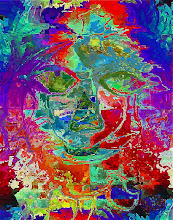Yes, there’s a major financial crisis in the US, and with the domino effect, it will soon have world repercussions.
Decades ago, I did work for a stock market, and before that I was even involved in derivatives as an assistant-trader. One can always say, after studying and passing exams to become a broker, that he or she understands financial markets. But that’s a lie.
In the years I spent in the business and financial world, the most remarkable thing I learned was how ignorant many of its tenants and actors were. Uninteresting, shallow people. Masters at deception. Selfish. Mainly filled with ambition.
I have met them. They were colleagues, bosses, acquaintances. An entire universe believing cash comes to those who deserve it, convinced bank accounts are a measure of one’s intelligence.
I have seen them trip each other, destroy opponents. I have heard them twist the truth about their own actions, shed away ethical values to advance themselves. I have witnessed lots of stupidity, treachery, deceit, cruelty. And you know what? This world has a strange way of functioning. The worst candidate for a position, as an example, usually gets it. Respectable individuals, those who analyze, have a broad mind, a generosity as a major motor component, are rarely picked to lead the way.
Executives do not necessarily choose the best, they often prefer to surround themselves with bootlickers.
One thing is sure: Eagerness to reach the top has nothing to do with one’s potential. It is a mind-set, a personality. Not a barometer indicating skills, knowledge or capability. Idiots can be very zealous and pushy, and are frequently cursed with a self-admiring temperament. They can also possess the ability to gather large troops composed of other idiots.
I say this based on decades of work in the business world. And it might explain why I've never tried to make my way upward, simply glad to pay food and bills at the end of the month. An allergic reaction to the mentality that surrounded me. People quick to judge. Reaching decisions on hunches. Not much different than (bad) gamblers. Unable to have a global view of a situation, their perspective ending at the tip of their nose. Loud mouths. Not truly talking, just bragging or repeating nonsense.
Maybe you’ll think I wasn’t lucky. That I fell in the wrong places. No. It’ everywhere. I spent much of my adult life having to endure foolishness reified as business conduct.
Or maybe you’ll say that it was my lack of flexibility, a fundamental negativity clouding my perceptions that were responsible for my unhappiness. A misfit among wolves. No. I’m pretty slow. I observe a long time before making up my mind. I wait. I leave a wide margin of maneuver to my opinions so to allow them to change course if need be. I’m extremely cautious work-wise, and spontaneously tend not to want to bite the hand that feeds me. Because I enjoy being loyal. A good soldier. But I'm unforgiving when I reach the certainty high-command behaves dishonorably.
So, for this financial crisis, I feel no pity for bankers and financiers. Not the slightest speck of sympathy. We are looking at robbers. Looters. Profiteers. Let’s call a cat a cat, hey. The fear these deciders are nourishing the public with benefits whom?
The bottom line questions should always be: On which side are the advantages? Who gains from a specific situation?
Most of the things I’ve learned in my young days about the economy are false. The reality of markets is far away from the principles taught in colleges and universities. But we keep on repeating the theory as if we were mentally handicapped and couldn’t notice it doesn’t work that way. The same goes for the principles of administration business students learn in management programs. I’ve never met a manager applying them. It all sounds reasonable on paper, but once in place, business leaders seem to use totally different parameters to arrive at decisions. And those are mostly subjective, aimed at self-protection.
And to finish, the media are delusional. They view their role as that of critical thinkers when they are, instead, taking sides that are pre-determined within the system. They even have difficulty using background material, quickly forgetting what they have themselves written in the past, not following up on lines of thoughts. They view a nation’s economy in terms of narrow political choices represented by the parties in place. It rarely goes further than that.
Oh well.
Dylan already sang it all:
Once upon a time you dressed so fine
You threw the bums a dime in your prime, didn't you?
People'd call, say, "Beware doll, you're bound to fall"
You thought they were all kiddin' you
You used to laugh about
Everybody that was hangin' out
Now you don't talk so loud
Now you don't seem so proud
About having to be scrounging for your next meal.
Laolao
Decades ago, I did work for a stock market, and before that I was even involved in derivatives as an assistant-trader. One can always say, after studying and passing exams to become a broker, that he or she understands financial markets. But that’s a lie.
In the years I spent in the business and financial world, the most remarkable thing I learned was how ignorant many of its tenants and actors were. Uninteresting, shallow people. Masters at deception. Selfish. Mainly filled with ambition.
I have met them. They were colleagues, bosses, acquaintances. An entire universe believing cash comes to those who deserve it, convinced bank accounts are a measure of one’s intelligence.
I have seen them trip each other, destroy opponents. I have heard them twist the truth about their own actions, shed away ethical values to advance themselves. I have witnessed lots of stupidity, treachery, deceit, cruelty. And you know what? This world has a strange way of functioning. The worst candidate for a position, as an example, usually gets it. Respectable individuals, those who analyze, have a broad mind, a generosity as a major motor component, are rarely picked to lead the way.
Executives do not necessarily choose the best, they often prefer to surround themselves with bootlickers.
One thing is sure: Eagerness to reach the top has nothing to do with one’s potential. It is a mind-set, a personality. Not a barometer indicating skills, knowledge or capability. Idiots can be very zealous and pushy, and are frequently cursed with a self-admiring temperament. They can also possess the ability to gather large troops composed of other idiots.
I say this based on decades of work in the business world. And it might explain why I've never tried to make my way upward, simply glad to pay food and bills at the end of the month. An allergic reaction to the mentality that surrounded me. People quick to judge. Reaching decisions on hunches. Not much different than (bad) gamblers. Unable to have a global view of a situation, their perspective ending at the tip of their nose. Loud mouths. Not truly talking, just bragging or repeating nonsense.
Maybe you’ll think I wasn’t lucky. That I fell in the wrong places. No. It’ everywhere. I spent much of my adult life having to endure foolishness reified as business conduct.
Or maybe you’ll say that it was my lack of flexibility, a fundamental negativity clouding my perceptions that were responsible for my unhappiness. A misfit among wolves. No. I’m pretty slow. I observe a long time before making up my mind. I wait. I leave a wide margin of maneuver to my opinions so to allow them to change course if need be. I’m extremely cautious work-wise, and spontaneously tend not to want to bite the hand that feeds me. Because I enjoy being loyal. A good soldier. But I'm unforgiving when I reach the certainty high-command behaves dishonorably.
So, for this financial crisis, I feel no pity for bankers and financiers. Not the slightest speck of sympathy. We are looking at robbers. Looters. Profiteers. Let’s call a cat a cat, hey. The fear these deciders are nourishing the public with benefits whom?
The bottom line questions should always be: On which side are the advantages? Who gains from a specific situation?
Most of the things I’ve learned in my young days about the economy are false. The reality of markets is far away from the principles taught in colleges and universities. But we keep on repeating the theory as if we were mentally handicapped and couldn’t notice it doesn’t work that way. The same goes for the principles of administration business students learn in management programs. I’ve never met a manager applying them. It all sounds reasonable on paper, but once in place, business leaders seem to use totally different parameters to arrive at decisions. And those are mostly subjective, aimed at self-protection.
And to finish, the media are delusional. They view their role as that of critical thinkers when they are, instead, taking sides that are pre-determined within the system. They even have difficulty using background material, quickly forgetting what they have themselves written in the past, not following up on lines of thoughts. They view a nation’s economy in terms of narrow political choices represented by the parties in place. It rarely goes further than that.
Oh well.
Dylan already sang it all:
Once upon a time you dressed so fine
You threw the bums a dime in your prime, didn't you?
People'd call, say, "Beware doll, you're bound to fall"
You thought they were all kiddin' you
You used to laugh about
Everybody that was hangin' out
Now you don't talk so loud
Now you don't seem so proud
About having to be scrounging for your next meal.
Laolao



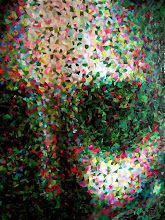
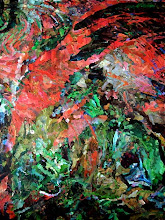
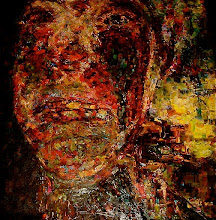
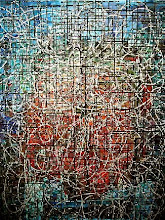
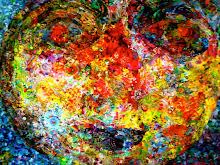
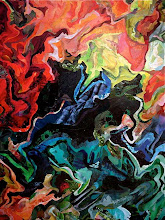
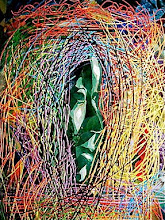
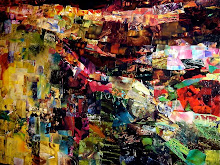
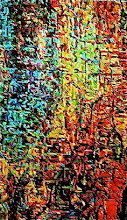
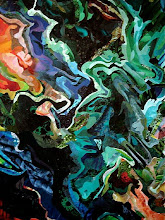
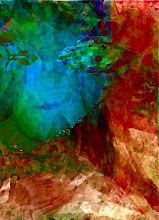.jpg)
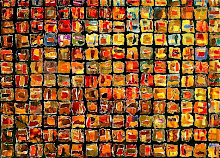
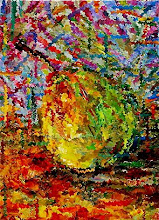
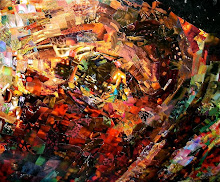
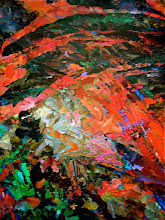
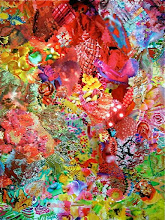
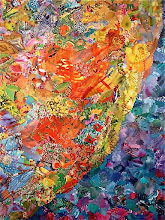
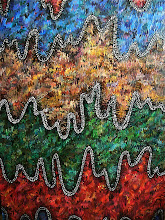
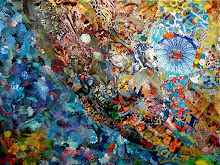
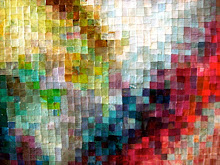
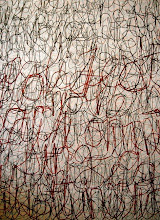
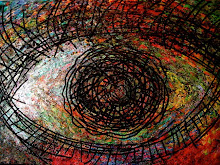
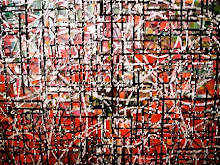

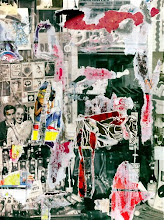
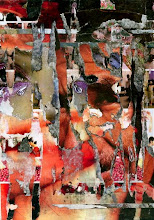
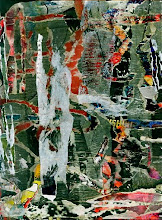
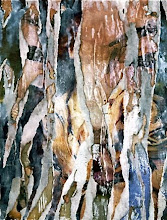


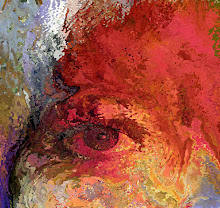
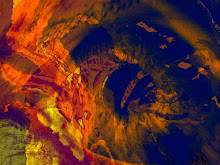
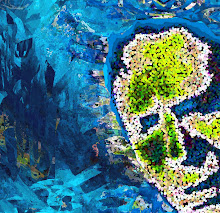
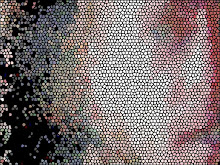.jpg)
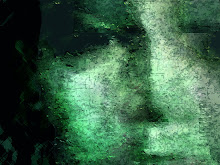
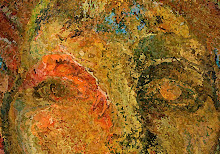
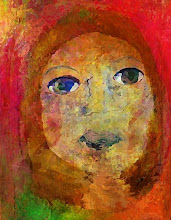.jpg)
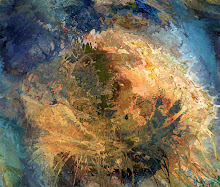
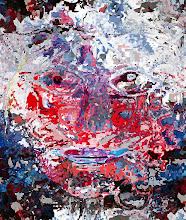
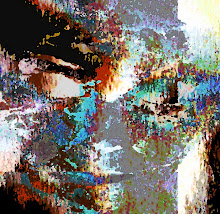
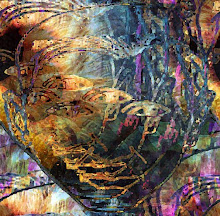


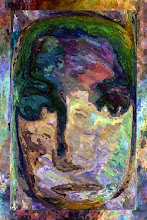photo+album).jpg)
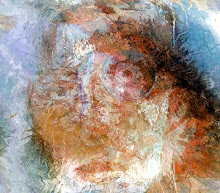.jpg)
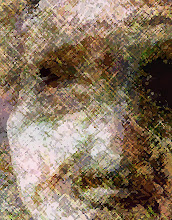
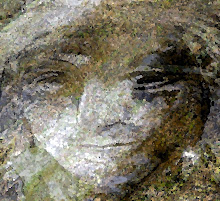
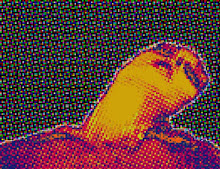
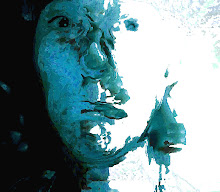
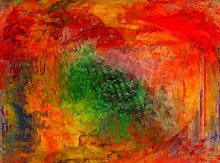





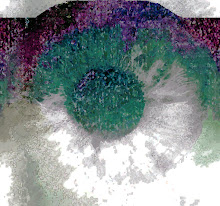
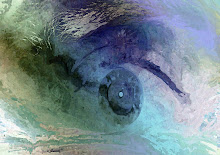

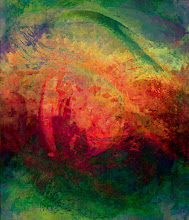

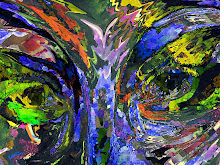
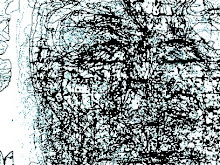.jpg)
